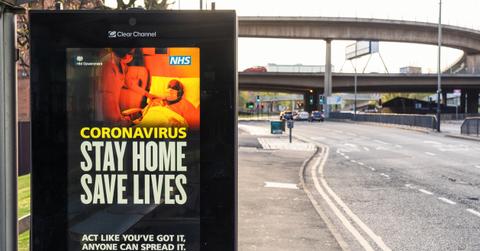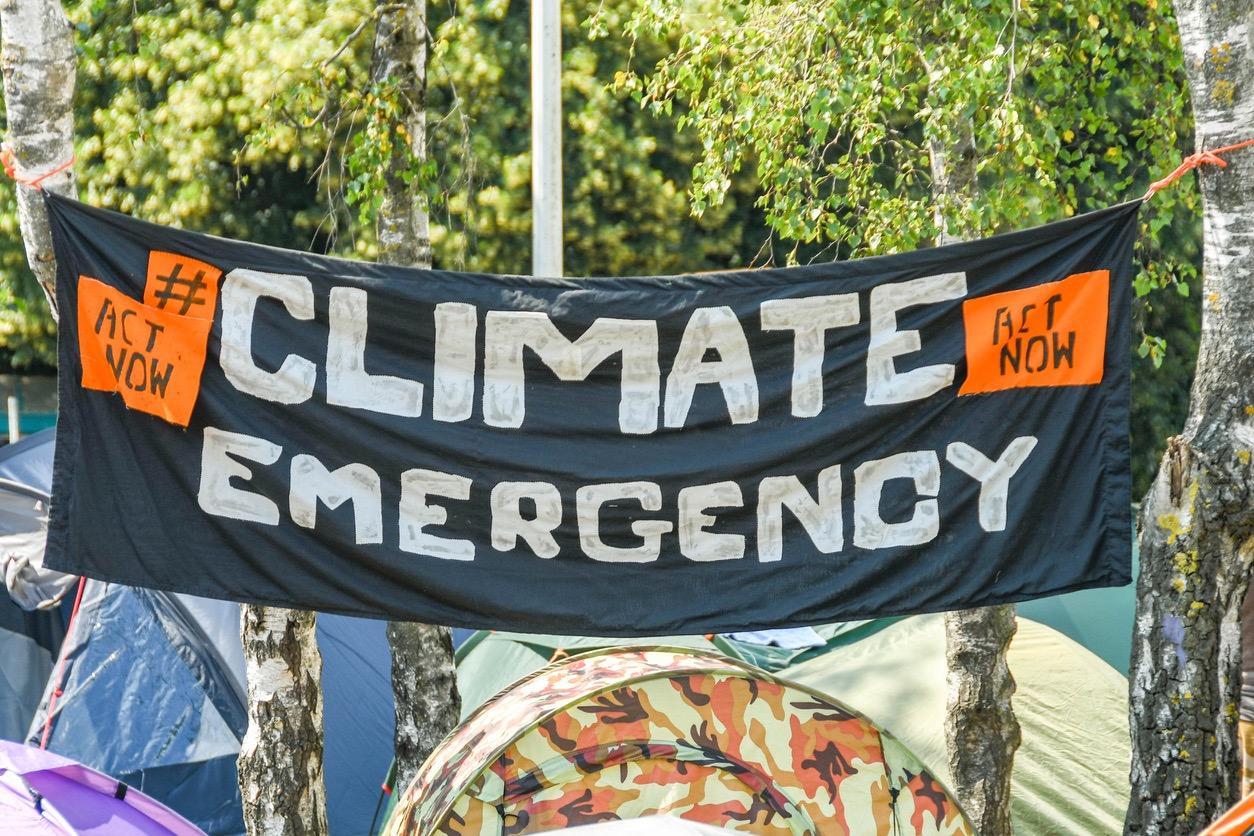Will Climate Lockdowns Be Necessary to Fight the Climate Crisis?
Published Jan. 17 2023, 9:25 a.m. ET

At the beginning of COVID-19, lockdowns were a necessary tool for fighting off and controlling the deadly virus. People stayed inside — we went to the store less, didn’t go out to eat, and entertained ourselves at home all to avoid exposure to other people.
And for a minute, the Earth started to reflect those actions. Emissions started decreasing and it seemed that something positive was emerging out of a negative situation. This experience raises the question: Would climate lockdowns help us tackle the climate crisis?
What is a climate lockdown?

When the pandemic first started, one of the main goals was to flatten the curve — lockdowns were an essential part of accomplishing that initiative. With a climate lockdown, the objective would be similar: Staying inside in order to prevent emissions from increasing at an intense rate.
But what exactly would a climate lockdown entail? As we now know, simply staying inside would have an impact, but that one change might not be enough.
According to the World Business Council for Sustainable Development (WBCSD), a climate lockdown would entail the government taking other actions aside from asking people to stay at home. Limiting private vehicle use, banning the consumption of red meat, imposing intense energy-saving actions, and putting an end to fossil fuel drilling, are all examples of potential measures to be taken during a climate lockdown.
The main goal of these actions would be to lower global emissions. As we get closer and closer to reaching 1.5 degrees Celsius — a milestone that would cause the effects of climate change to further worsen — scientists are emphasizing the importance and necessity of staying below this threshold.
Will climate lockdowns be necessary in the future?

Despite scientists yelling far and wide, we still aren’t doing our absolute best to decrease emissions and lower our impact on the planet. At some point, extreme measures — such as climate lockdowns — might really be necessary if no progress is made.
And as we have seen with the pandemic, getting people to work together towards a collective goal isn’t always easy. Convincing everyone to wear masks and stay home wasn’t as simple as sharing scientific data that proves the validity of these actions.
If a climate lockdown becomes necessary, there’s a chance that we could run into a similar problem. So even if this strategy was utilized, there’s no telling whether or not it would actually be adhered to. Even though participation isn’t guaranteed, we know that at least some adherence would make a difference — not everyone stayed home, but emissions still decreased a bit.
Our climate emergency is sometimes hard to understand. Sometimes, when something isn’t directly visible, it can be hard to believe or conceptualize. This can lead people to think that immediate action isn’t necessary, when it most definitely is, according to the UN.
While some people didn’t mind lockdowns during the pandemic, there were still a lot of people that did mind. Staying at home and not being able to go somewhere isn’t all that fun. So if the idea of another lockdown — albeit a slightly different kind — isn’t appealing, then we better start tackling climate change sooner rather than later.